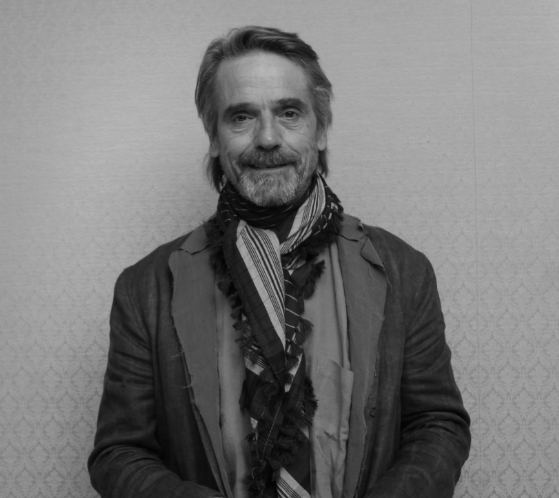
- HFPA
From The Archives: Jeremy Irons
by Jack Tewksbury For forty years the HFPA has recorded interviews with famous and celebrated actors, actresses and filmmakers. The world’s largest collection of its kind — over 10,000 interviews — is now in the Academy of Motion Pictures Arts & Sciences Library. The audios are fascinating. Below is an excerpt: twenty years ago, promoting director David Cronenberg’s M.Butterfly, two-time Golden Globe winner Jeremy Irons reflected on the complex issue of gender, desire and attraction.

“I was very interested in doing M. Butterfly not only because I wanted to work again with David Cronenberg , who directed Dead Ringers but, more so, I was fascinated with the idea that we turn the object of our desire into whatever we want it to be. Many women do that constantly, and it’s a consistent mistake they make. Now, carry that to an extreme, and you will wish to see a woman when, in fact, it’s a man. Another thing that interested me was the question of Gay Liberation, which has always been a polarized one. You’re gay or you’re straight. I’ve always believed that between those two there’s a whole lot of gray. Maybe one loves a woman for the man in her, or a woman loves a man because he has an area of femininity. Instead, it is all geared to what society expects and what religion tells us. We have to say we’re either gay or straight rather than that we’re attracted to that person who happens to be a man or happens to be a woman. I like his or her body, I find him or her attractive, I like his or her mind. For me, personally, because of the way I’ve been brought up, if that happens to be a man–and I suppose about three times in my life I have met a man I think is wonderful if I were gay–I’d fall in love. But even that says if I were gay. I think it’s put there by society. The Greeks didn’t have that problem two thousand years ago.They just loved a person and if happened to be a man it was a man. If it happened to be a woman, it was a woman. That’s an area I’m interested in, and I think the film explores it to a large extent.”

